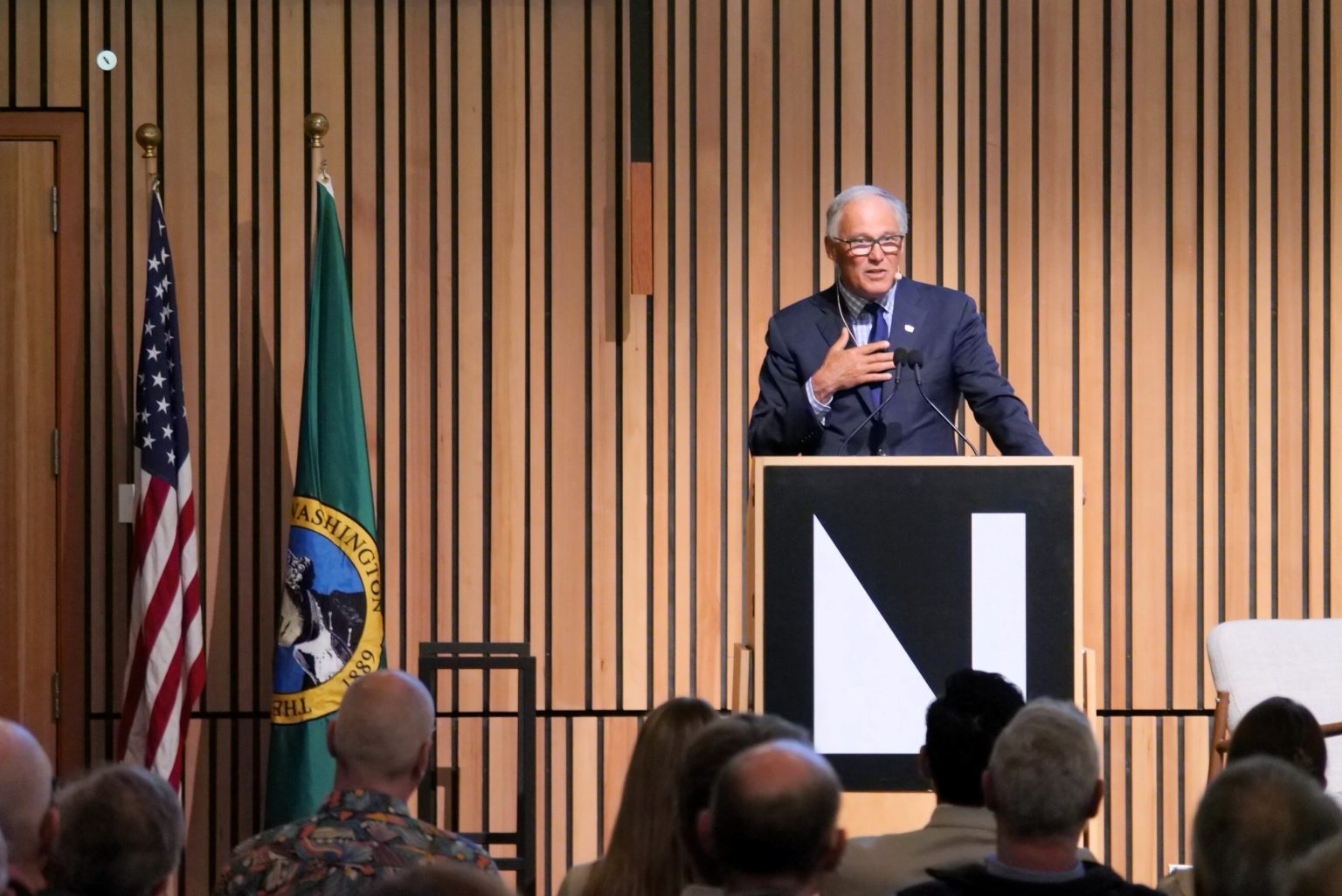Washington’s Governor Inslee Proposes Wealth Tax and Business Tax Increases in Final Budget Proposal
In his final budget proposal before leaving office, Washington Governor Jay Inslee has introduced a significant policy shift aimed at addressing the state’s budget shortfall and funding essential programs. The cornerstone of this proposal is a 1% wealth tax targeting residents with worldwide assets exceeding $100 million, a measure projected to generate $10.3 billion over four years. This tax, affecting an estimated 3,400 individuals, is presented by Inslee as a necessary measure to ensure the economic well-being of all Washington residents and maintain funding for critical programs. The governor justifies this move by highlighting the substantial growth in the number of millionaires in the state and arguing that they bear a disproportionately low tax burden compared to working families, even after recent tax reforms. This proposal marks the latest attempt by Washington Democrats to implement a wealth tax, previous efforts having failed to gain legislative traction. The potential economic ramifications of such a tax are a central point of contention, with critics fearing it could deter businesses from establishing themselves in Washington and undermine its reputation as a thriving tech hub.
Debate over Wealth Taxation and its Potential Impact on Washington’s Economy
Washington’s tax structure, characterized by the absence of a state income tax and reliance on sales and property taxes, contributes to the complexity of the wealth tax debate. The state’s recent implementation of a 7% capital gains tax, which voters resoundingly upheld in the latest election, adds another layer to the discussion. Critics caution against the potential negative effects of wealth taxes, suggesting they could discourage investment and drive high-net-worth individuals and businesses out of the state. They argue that such policies could undermine Washington’s competitive edge, particularly in the technology sector. Supporters, however, emphasize the need for greater revenue generation to fund essential services and address economic inequality. They contend that the wealth tax targets a small percentage of extremely wealthy individuals while leaving the vast majority of residents unaffected. The debate also draws parallels to other states grappling with similar tax policy questions. Massachusetts, for instance, enacted a "millionaire tax" in 2022, sparking concerns about outmigration and economic repercussions. While some anecdotal evidence suggests that some wealthy individuals have left Massachusetts following the tax implementation, comprehensive studies on its long-term effects are still pending.
Business Tax Increase and its Implications for Washington Businesses
Beyond the wealth tax, Inslee’s proposal also includes a 20% increase in the Business and Occupation (B&O) tax for specific businesses, a move aimed at generating further revenue for state programs. This increase, effective from October through December 2026, would apply to approximately 20,000 companies with annual income exceeding $1 million in the "service and other activities" category. This category encompasses a diverse range of businesses, including accountants, dentists, lawyers, real estate agents, and consulting services, potentially impacting a significant portion of the state’s economy. The impact on the tech startup sector remains uncertain, as


